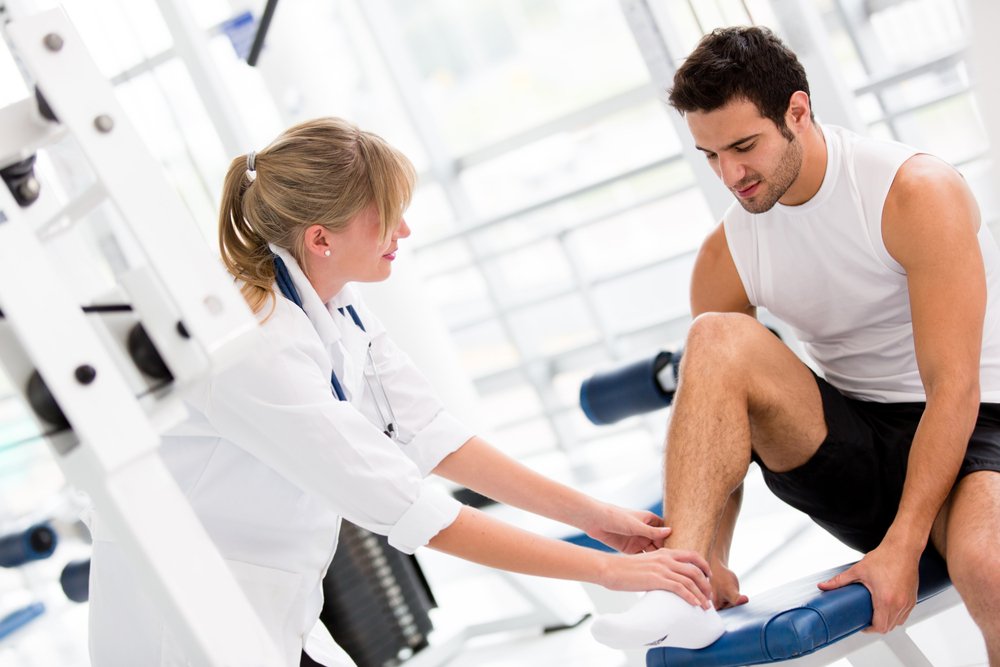Addiction is a complex and challenging condition that can have serious effects on a person’s physical, mental, and emotional well-being. Fortunately, rehabilitation centers offer essential treatment programs designed to help individuals recover, heal, and rebuild their lives. Rehabilitation for addiction recovery and healing provides support, therapy, and medical care to address both the physical and psychological aspects of addiction. In this article, we will explore how rehabilitation works, the different treatment options available, and the key benefits of seeking professional help for addiction recovery.

1. What is Addiction Rehabilitation?
Addiction rehabilitation, also known as rehab, is a treatment process that helps individuals overcome substance use disorders, including alcohol, drugs, and other addictive behaviors. The goal of rehab is not only to help individuals stop using substances but also to support their long-term recovery by addressing underlying causes of addiction, promoting healthy coping strategies, and improving overall mental and physical health.
Rehabilitation for addiction recovery typically includes:
- Medical detoxification to safely manage withdrawal symptoms
- Counseling and therapy to address emotional and psychological issues
- Group therapy for peer support and shared experiences
- Relapse prevention training to help maintain sobriety
A well-rounded treatment plan offers the best chance of successful recovery by addressing both the addiction itself and the person as a whole.
2. The Importance of Detoxification
The first step in most addiction rehabilitation programs is detoxification (detox). This process involves clearing the substance from the body and managing withdrawal symptoms. Detox is often medically supervised to ensure safety, as withdrawal from certain substances can be dangerous without proper care.
Benefits of detoxification in addiction rehabilitation:
- Removes toxins and substances from the body
- Reduces withdrawal symptoms and discomfort
- Prepares the body for the next phase of recovery, including therapy and counseling
- Provides a fresh start for individuals in their recovery journey
Detoxification is a crucial first step that helps individuals begin their healing process and prepares them for the therapeutic aspects of addiction rehabilitation.
3. Individual Therapy for Addiction Recovery
Individual therapy is an essential part of rehabilitation for addiction recovery and healing. It involves one-on-one sessions between the patient and a licensed therapist. These sessions provide a safe and private space to explore the root causes of addiction, such as trauma, mental health issues, or stress. Through therapy, individuals can work on addressing these underlying factors and develop healthier coping mechanisms.
Common types of individual therapy include:
- Cognitive Behavioral Therapy (CBT): Helps individuals identify and change negative thought patterns and behaviors related to addiction.
- Motivational Interviewing (MI): A client-centered approach that enhances motivation and encourages self-reflection to support change.
- Trauma-Informed Therapy: Focuses on healing from past trauma that may have contributed to the development of addictive behaviors.
By addressing the root causes of addiction, individual therapy plays a vital role in long-term recovery and emotional healing.
4. Group Therapy and Peer Support
Group therapy is another core component of addiction rehabilitation. In group therapy, individuals recovering from addiction meet in a supportive environment to share their experiences, struggles, and successes. This type of therapy allows participants to connect with others who understand their challenges and provides an opportunity to learn from one another.
Benefits of group therapy include:
- Building a sense of community and support
- Reducing feelings of isolation and loneliness
- Sharing coping strategies and recovery tips
- Gaining insight from others who are on a similar journey
Peer support is a powerful tool in addiction recovery, and group therapy helps individuals feel less alone as they work towards healing.
5. Family Therapy and Involvement
Addiction can affect not only the individual but also their family members and loved ones. Family therapy is an important aspect of rehabilitation for addiction recovery, as it helps repair relationships and rebuild trust. In family therapy, family members learn about addiction, communication techniques, and how to support their loved one’s recovery process.
Benefits of family therapy include:
- Healing damaged relationships and rebuilding trust
- Providing education on addiction for better understanding and support
- Improving communication and conflict resolution skills
- Encouraging a supportive and nurturing environment for recovery
Incorporating family members into the treatment process can significantly enhance recovery outcomes and provide a strong support system.
6. Relapse Prevention and Aftercare
Recovery from addiction is a lifelong process, and relapse prevention is a critical part of rehabilitation. Once individuals complete their rehabilitation program, they need continued support to maintain their sobriety. Rehab centers often provide aftercare programs, including follow-up therapy, support groups, and sober living arrangements, to help individuals transition back to their everyday lives.
Relapse prevention strategies include:
- Learning to recognize triggers and high-risk situations
- Developing healthy coping strategies to deal with stress and cravings
- Creating a strong support network, including therapists, family, and peers
- Engaging in ongoing therapy and recovery programs to maintain focus
By providing aftercare and relapse prevention strategies, rehabilitation centers help individuals stay on track and reduce the risk of relapse.
7. Holistic Therapies for Healing
In addition to traditional therapies, many rehabilitation centers offer holistic therapies that focus on healing the mind, body, and spirit. These therapies can complement medical and psychological treatment by promoting relaxation, reducing stress, and improving overall well-being. Some common holistic therapies include yoga, meditation, acupuncture, art therapy, and massage.
Benefits of holistic therapies include:
- Reducing stress and promoting emotional balance
- Enhancing physical health and relaxation
- Encouraging self-expression and emotional healing
- Supporting mindfulness and mental clarity
Holistic therapies can be an essential part of a well-rounded addiction rehabilitation program, helping individuals find peace and emotional stability during their recovery journey.
Conclusion
Rehabilitation for addiction recovery and healing is a vital step for anyone struggling with addiction. It provides the necessary support, treatment, and therapies to help individuals break free from addiction and rebuild their lives. From detoxification and therapy to family involvement and holistic treatments, rehabilitation programs offer a comprehensive approach to healing. If you or a loved one is struggling with addiction, seeking professional help is the first step toward recovery and a healthier, more fulfilling life.











